Pronađeno 592 rezultata
Skip results of view Vijesti
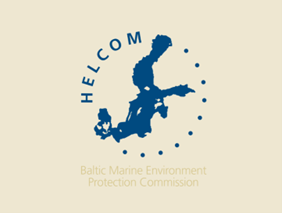
The Baltic Marine Environment Protection Commission, also known as the Helsinki Commission (HELCOM) , is a regional platform focused on environmental policy-making, aimed at protecting the marine environment of the Baltic Sea from all forms of pollution. To achieve this, it facilitates open access to environmental information and makes spatial data available on the HELCOM Map and Data Services . The Data and Map service is a Baltic Sea-oriented online mapping tool combining spatial data from different thematic map portals. The map service contains datasets from sources other than HELCOM as
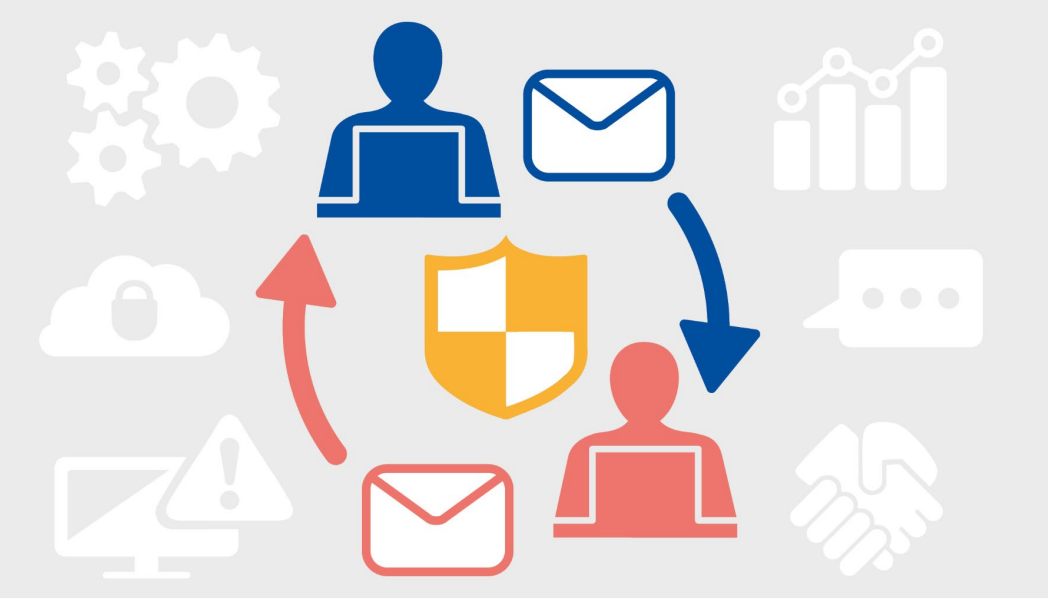
With the European Data Act , the EU aims to make data more accessible and drive innovation and the reuse of data by promoting data sharing, including personal data. However, personal data sharing brings challenges in terms of privacy, especially in the health sector. To address this issue, the recently published ENISA Report “Engineering personal data sharing” looks closer at specific use cases on personal data sharing, primarily in the health sector. It discusses how specific technologies and considerations of implementation can be used to ensure data protection. Health data includes
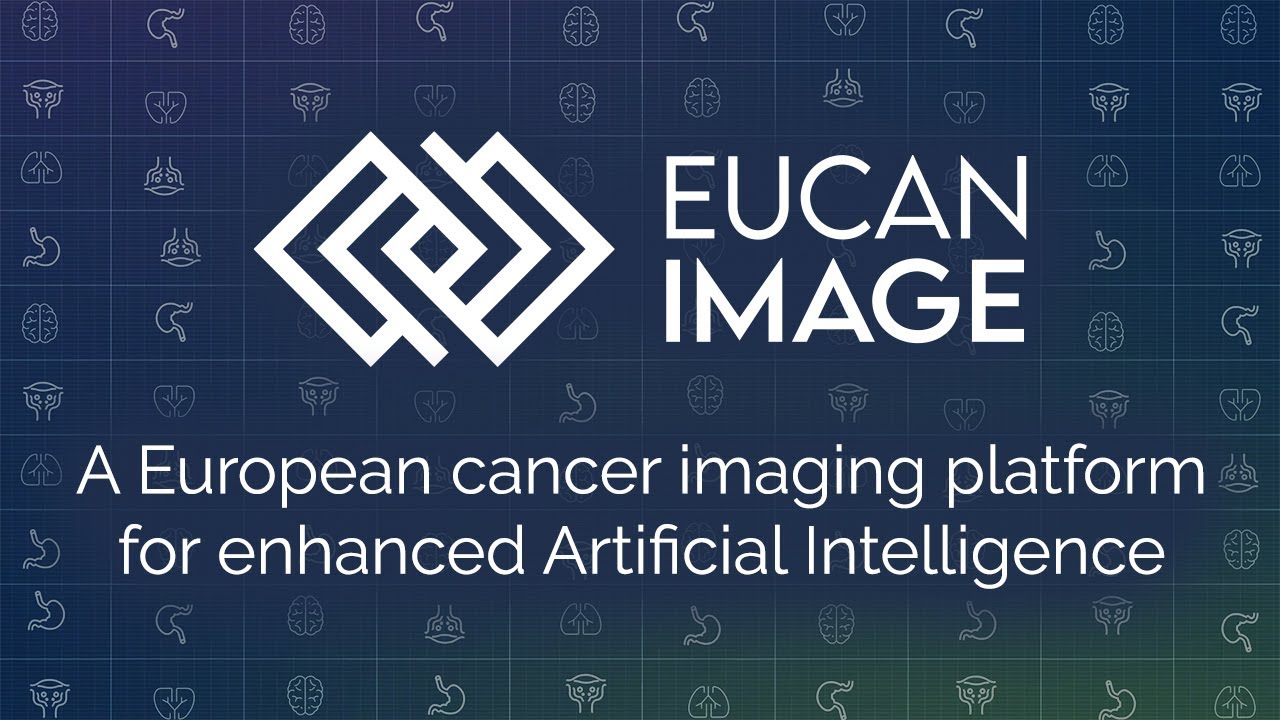
On 23 January 2023, the European Commission launched the European Cancer Imaging Initiative as a flagship action under Europe’s Beating Cancer Plan . The objective of this initiative is to leverage data and digital technologies such as Artificial Intelligence (AI) or High-Performance Computing (HPC) to combat cancer. Innovation and deployment of digital technologies in cancer treatment and care will enable more precise and faster decision-making, diagnostics, treatments, and predictive medicines for cancer patients. Cancer imaging is a test that helps diagnose cancer, determine its stage, and
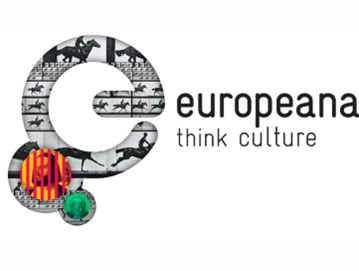
A recent addition of datasets to data.europa.eu is from Europeana , a flagship EU initiative that supports the digital transformation of the cultural heritage sector. The objective of Europeana is to unite cultural heritage professionals from all domains across Europe. It provides open access to over 55 million digital objects - books, music, artworks and more, with sophisticated search and filter tools, themed collections, exhibitions, galleries, and blogs to enhance user experience. A network of aggregators , including Archives Portal Europe , Czech Digital Library , and many others, share

Over the past few decades, concerns on the increased carbon emissions and their negative impact on the environment have grown. In response, the European Green Deal aims to make Europe climate-neutral by 2050 and thus continue the protection of the environment. Climate-neutrality means reducing greenhouse gas emissions, including carbon dioxide, to as low as possible and compensating for any remaining emissions. This balance is called net-zero emission. Net-zero goes beyond the removal of carbon emissions, and instead refers to all greenhouse gases. Thus, on the path towards climate-neutrality
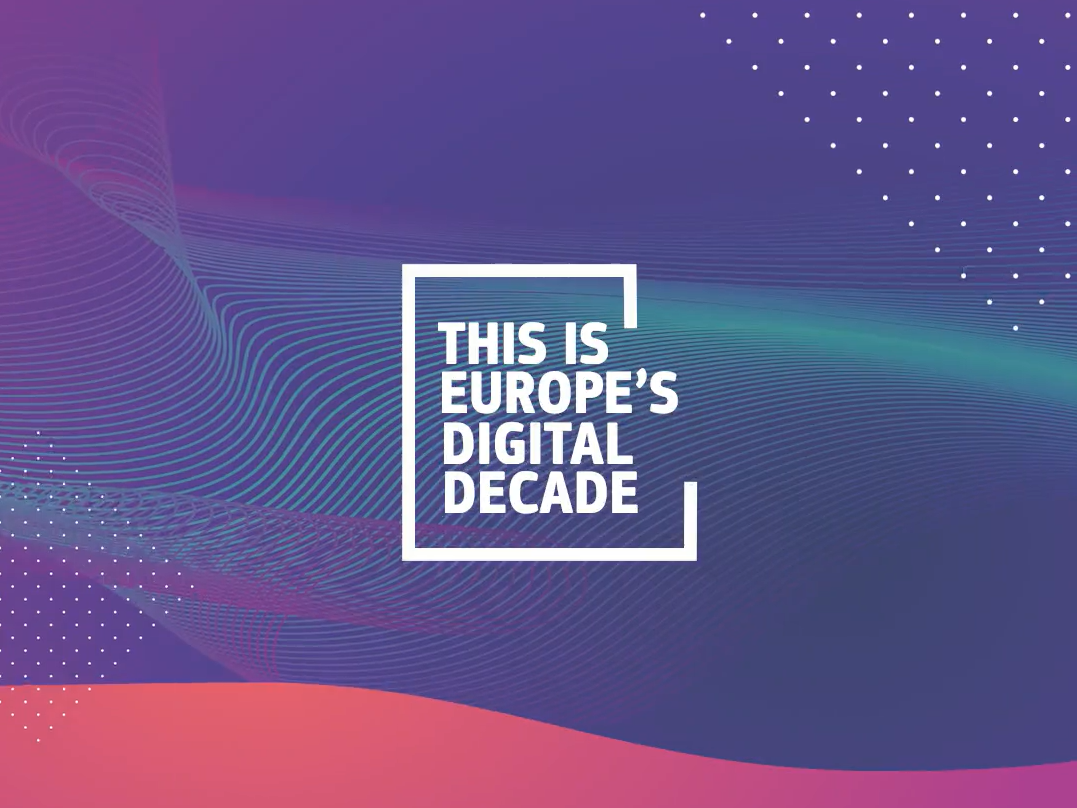
The digital revolution has changed our daily life significantly. The transformation to a digital world offers opportunities to learn, entertain, work, explore, and fulfil our ambitions. Furthermore, it has also opened new possibilities for freedom and rights beyond physical and geographical boundaries. To support the digital transformation, Europe has set up a “ Digital Decade Policy Programme 2030 ”. The Digital Decade Policy Programme is part of Europe’s Digital Decade , which aims to ensure that all types of technology and innovation are accessible and usable for people. The goal is to
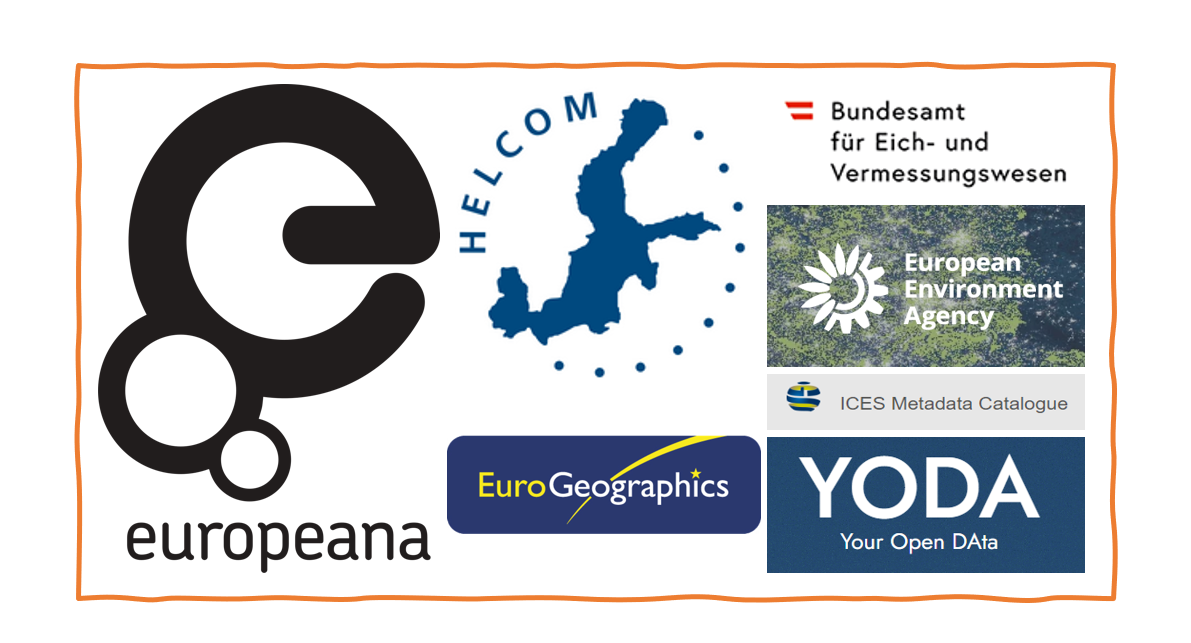
With the increasing interest in open data and analytics, more portals are being created to collect data from specific topics or sources in one place. This not only increases the availability of data, but also makes specific data easier to find. In 2022, data.europa.eu harvested seven new portals: Europeana: contains over 4000 digital cultural heritage collections, such as books or films, from institutions across Europe. The data catalogue of The Baltic Marine Environment Protection Commission ( HELCOM): contains all geospatial data relevant to HELCOM (an intergovernmental organisation

On Friday 10 February, the webinar ‘Open Data Maturity (ODM) 2022: Looking at the progress and trends across European countries’ was hosted by data.europa academy. This webinar highlighted the relevance of the ODM report 2022, the key trends and shared a forecast for the future of open data maturity in European countries. The webinar started with a presentation from the lead author of the ODM report 2022 who recapitulated the key concepts behind the report and its importance. To get a better understanding of the results, a detailed explanation of the methodology and specifically its 2022
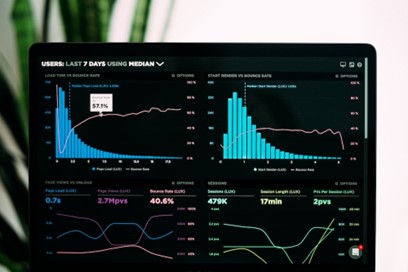
(Open) data and analytics in sports is becoming increasingly popular across the European Union. The rise of technology and access to data has led to a greater ability to drive performance, decision making and engagement in the world of sports. For example, to determine the value of athletes, track their progress, or enhance their health and safety. Therefore, data analytics can support decision making to improve competitiveness. In recent years, data has been used within several sports. For instance, football teams and organizations, are leveraging data analytics to optimize player performance
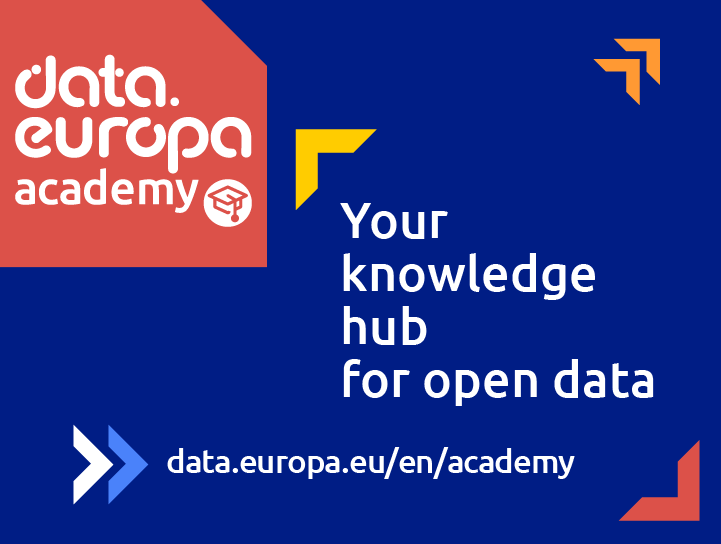
The open data landscape has been continuously evolving since the first Public Sector Information Directive was published in 2003. Since then, and considering the continuously evolving data landscape across Europe, materials such as e-learning modules, research reports, webinars, and tools were created to enhance understanding of various open data topics. These include both technical aspects (e.g., real-time data, linked data and DCAT-AP), as well as legal policies (e.g., competition law, licensing, and the sharing of non-personal data) data visualisation, and open data best practices, for
